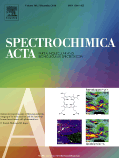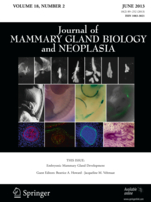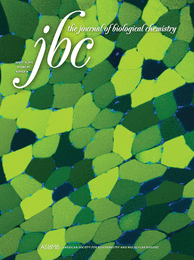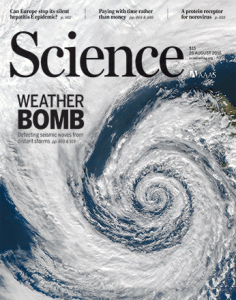

Retraction Watch readers may recall the case of Piero Anversa and Annarosa Leri, both formerly of Harvard and the Brigham & Women’s Hospital in Boston. The pair — which has had their work subjected to a retraction, expression of concern, and correction — sued their former employers in 2014 for costing them job offers after the institutions notified journals, triggering notices. A judge dismissed the case a year ago, saying that Anversa and Leri had to try other administrative remedies before bringing suit.
But Anversa and Leri appealed, and last week, a court denied that appeal. (See the judge’s decision — which begins by quoting Ecclesiastes and includes the delicious word “gallimaufry” — here.) We spoke by email to two attorneys — Richard Goldstein, who represented the scientist in Bois v. HHS, the first case to overturn a funding ban by the Office of Research Integrity (ORI), and Paul Thaler, who has represented scientists involved in misconduct proceedings for more than 25 years — about the case, and what it could mean for similar lawsuits.
Retraction Watch: The decision seems to stop Anversa and Leri from continuing their suit against Harvard and the Brigham, but also acknowledges some of the scientists’ concerns as legitimate. How would you summarize the findings and their implications? Continue reading Scientists investigated for misconduct lose appeal in suit against Harvard. Lawyers explain what it means.








